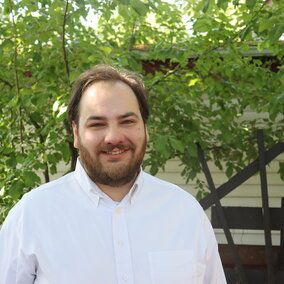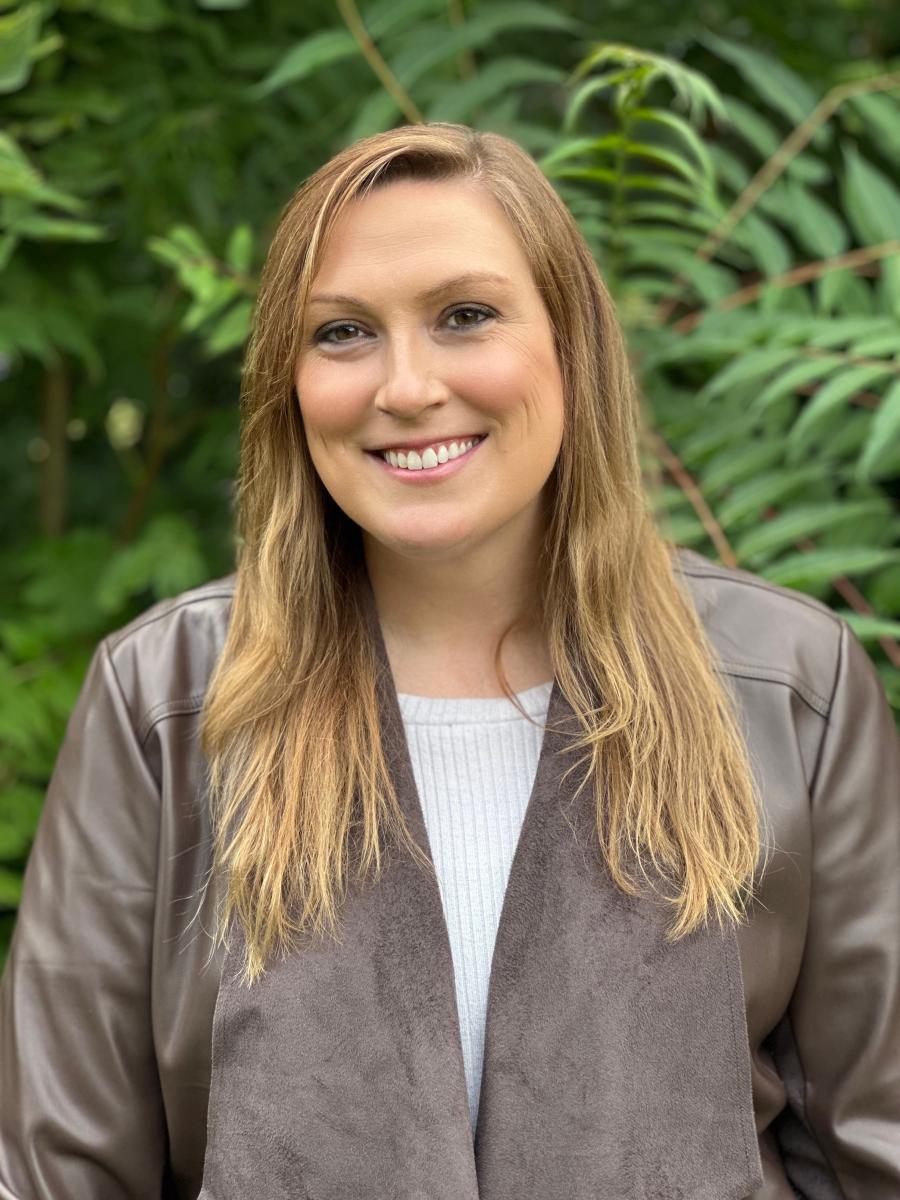Content
The Department of Political Science at the University of Nebraska-Lincoln is pleased to announce its current job candidates.
Graduates of this department reflect UNL’s unique integration of learning, teaching, and research. The department requires a wide breadth of coursework across three subfields of political science, giving our students a broad knowledge base. Students are required to teach at least one course—most of our students teach multiple courses. Our students also frequently publish with faculty members, and many have published solo pieces by the time they are on the job market.
Thank you for your interest in our graduate program.
Dr. Ingrid Haas, Graduate Chair

Noah Schimenti
Research and Teaching Interests: International Relations, Comparative Politics, Authoritarian Regimes, Conflict Resolution, Violent Non-State Actors, Corruption
Dissertation Title: Corrupt, Control, Repress: The Authoritarian Playbook
Dissertation Chair: Dr. Alice Kang
About me:
I am a sixth-year Ph.D. candidate in the Department of Political Science at the University of Nebraska-Lincoln with an expected graduation date of May 2026. I have a strong record of teaching success with a diverse range of subject matter, delivery methods, and class size. In an online format, I have served as Instructor of Record for Political Science 100: Power & Politics in America & Political Science 108: Political Ideas. In-person I have been the Instructor of Record for National Security Studies 175: Introduction to National Security. These experiences show I am willing and eager to engage as a mentor, advisor, and instructor.
Broadly speaking, I’m interested in understanding political behavior in contexts where democratic accountability is weak. In my research I explore competition for power, resources, and control within authoritarian, and conflict-ridden states. My research is comprised of three strains of political behavior: Corruption, Control, and Conflict Resolution. I employ a wide range of quantitative and qualitative methods to evaluate my theories.
Corruption In “Cabinet Turnover in Authoritarian Regimes: Assisting or Hindering Corruption?” I address cabinet composition in authoritarian regimes, exploring the role of tenure in the development of corruption networks.
Control: In my study “Civil Society and Opposition Seat Share in Electoral Authoritarian Regimes” I examine the interaction between anti-system CSOs and opposition parties, identifying mechanisms through which these CSOs affect opposition party success.
Conflict Resolution: My study “Power Sharing, Cabinet Composition, and Corruption” explores how rebel inclusion in power sharing arrangements facilitates corruption and prevents the emergence of good governance following civil wars. Further, I have coauthored the study “Power, Signaling, and Credibility: Terrorist Group Alliances and the Bargaining Range for Peace” currently revise and resubmit status, arguing that terrorist groups engaging in alliance behavior with other violent non-state actors leads to a higher likelihood of signing a peace settlement with the state.

Makayla Wendland
Research and Teaching Interests: International Relations, International Security, Terrorism, Foreign Policy, Conflict Resolution, Geography and Conflict, Counterterrorism Policy, Climate Change and Conflict
Dissertation Title: Splitting to Survive, Fight or Ally: Understanding Terrorist Organizational Splintering
Dissertation Chair: Dr. Ross Miller
About Me: I am a sixth-year Political Science Ph.D. candidate and Dean’s Fellow at the University of Nebraska-Lincoln, with an expected graduation date of May 2026. I am interested in a range of issues related to international security and conflict. My research focuses on terrorist groups’ behavior and decision-making, including how changing preferences, patterns of violence, and group interactions affect conflict and counterterrorism policy. My three interconnected strands of research address: (1) the behavior of terrorist splinter groups; (2) how interactions between terrorist groups affect conflict resolution efforts; and (3) the effect of changing climate conditions on the spatial distribution of terrorism. I use a range of methods to evaluate my theories, including original datasets, geocoding and spatial analysis, survey experiments, and policy-relevant case studies. I am a passionate teacher with a broad set of teaching interests, receiving strong evaluations in courses that I served as instructor of record. I approach each course with three main objectives that reflect my teaching philosophy: sharpening critical thinking and communication skills; merging theory with practice through classroom exercises, real-world examples, and innovative assignments; and encouraging and facilitating student engagement. I have consistently provided service to our department, including volunteering as a peer mentor for graduate students, cofounding the Political Science Writing Gorup, and serving as an active participant in our department’s Research in Political Science (RiPS) weekly seminar series. In addition, I served as a search committee member for the tenure track position in International Relations and was on the Political Science Graduate Student Association (PSGSA) for two years. Prior to attending UNL, I attended Hastings College, receiving my B.A. in Political Science and Sociology, and the Josef Korbel School of International Studies at the University of Denver to complete my M.A. in International Studies.